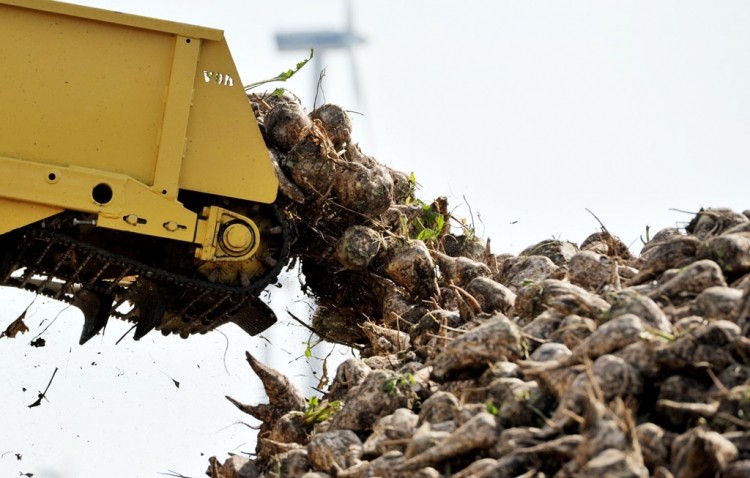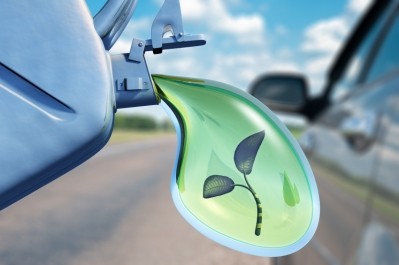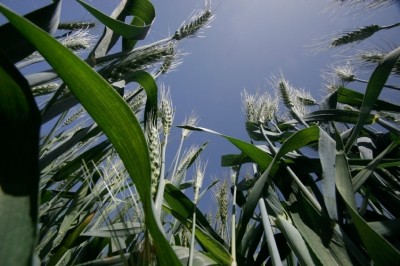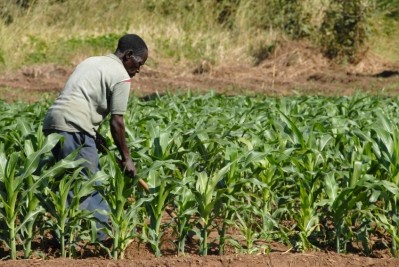FoodDrinkEurope welcomes 7% biofuels limit – but industry divided

FoodDrinkEurope represents the interests of the food and drink industry in Europe, but the issue of biofuels has proved divisive among its members. ANIA (Association Nationale des Industries Alimentaires) did not reach a consensus on the issue, while the European Sugar Manufacturers Association (CEFS) said it did not support FDE’s position.
Prior to a European Parliament vote last month, EU member states had to ensure at least 10% of fuel for transport use came from renewable sources by 2020, but MEPs backed a 7% cap after a growing body of research had emerged suggesting that crop-based biofuels may do more environmental harm than good. Originally, a 5% limit had been proposed.
FDE said in a statement: “After a long process, this compromise points in the right direction as it will impose a limit on the use of food-based biofuels while starting the transition to advanced biofuels. The latter, also called 2nd generation biofuels, are not based on food.”
However, CEFS director general Marie-Christine Ribera says sugar manufacturers had already made investments based on a 10% goal, although the organisation agreed that food should not be diverted to fuel. She told FoodNavigator the 7% cap was an acceptable compromise but a disaster for investors who had acted on the previous 10% objective.
“It is also about trust and confidence in your decision makers,” she said.
Meanwhile, FoodDrinkEurope said it had wanted to see even lower limits on crop-based biofuels.
“Legislators should have been more ambitious in limiting the use of food resources to produce fuel,” it said. “In fact, the 7% ceiling foreseen in the compromise will still allow Member States to increase food-based biofuels by more than 40% from current levels; this will further delay the development of advanced biofuels.”
“We think the other way around,” Ribera said. “For us, 7% is an acceptable compromise because it will enable us to reinstate confidence in Europe. …Seven per cent is a way to preserve the current investments and we think it will give bioethanol the opportunity to have a little bit of ground at Horizon 2020.”
She added that CEFS considers diverting sugar beet waste to other uses, including biofuel, as more sustainable and efficient.

























